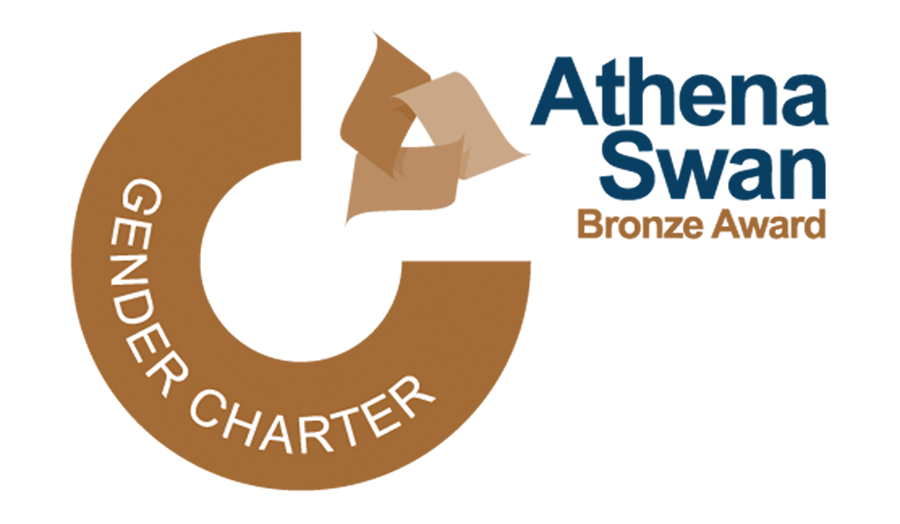Bronze Athena Swan award a significant landmark as work begins on Silver accreditation.
Date: 7 September 2021
London Met has been awarded an Athena Swan Bronze Award, in recognition of our ongoing commitment to the advancement of gender equality: representation, progression and success for all.
The Athena Swan Charter was established by the Equality Challenge Unit in 2005 to encourage and recognise commitment to advancing the careers of women in STEMM employment in higher education and research.
In May 2015 the charter was expanded to recognise work undertaken in arts, humanities, social sciences, business and law, and in professional and support roles, and for trans staff and students. The charter now recognises work undertaken to address gender equality more broadly, and not just barriers to progression that affect women.
London Met's Vice-Chancellor, Professor Lynn Dobbs, said: "I am delighted with the result which is a credit to the hard work of the SAT and all our staff and students who contributed to and supported this work. A big thank you and I look forward to working with you towards Silver accreditation over the coming years."
Peter Bowery, HR Officer for Athena Swan at London Met said, “By working with the Athena Swan Charter, London Met has been able to engage with our communities of students and staff to identify barriers to gender inequality in our institution, and find ways to overcome them through increasing representation and supporting career development.
“We are delighted that our efforts to make London Met fair have been recognised by the Charter. We remain committed to ensuring we reflect on, and improve, current practices to promote a diverse and vibrant working environment for staff and students.”
Among the actions being taken to promote gender equality at London Met, as part of the Athena Swan action plan which will be implemented over a four-year period, are:
- Ensuring equal pay by evaluating roles and responsibilities, not people, to determine pay grade.
- Clearly publishing salary scales for all staff grades.
- Publishing fair recruitment and selection policy, supported by training incorporating unconscious bias training.
- Committing to promoting and enabling better use of flexible working to support employees with caring responsibilities
- Increasing our paid maternity provisions to be sector leading.
- Developing a number of initiatives to encourage and support academic women through the promotions process, including better access to mentoring opportunities, more secondment opportunities, and coaching sessions.
- Updating the staff appraisals process to be more relevant to staff progression, including a research section delivered by experienced researchers.
- Introducing a maternity leave mentoring scheme to help women smoothly transition from work to maternity leave, and from maternity leave to work.
- Inviting flexible working requests from the first day of employment, thus enabling more people with child and adult care responsibilities to join our workforce.

